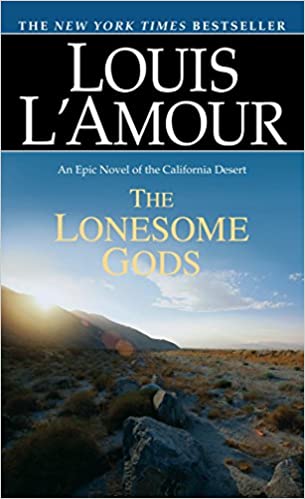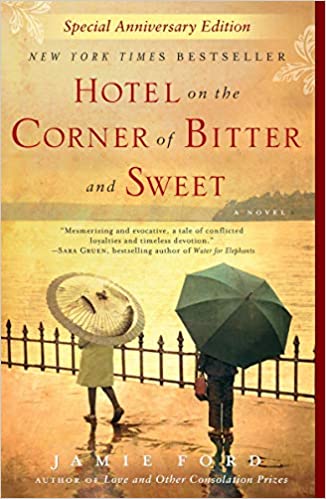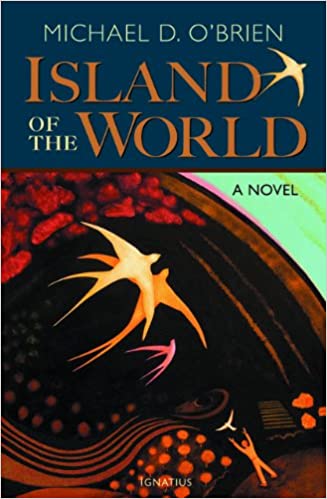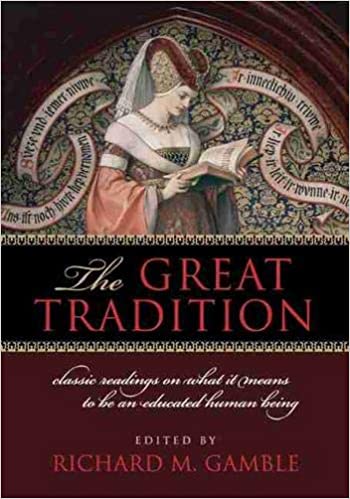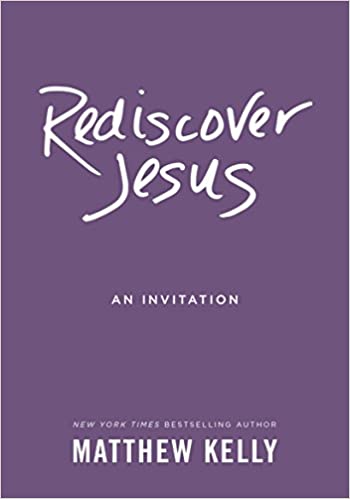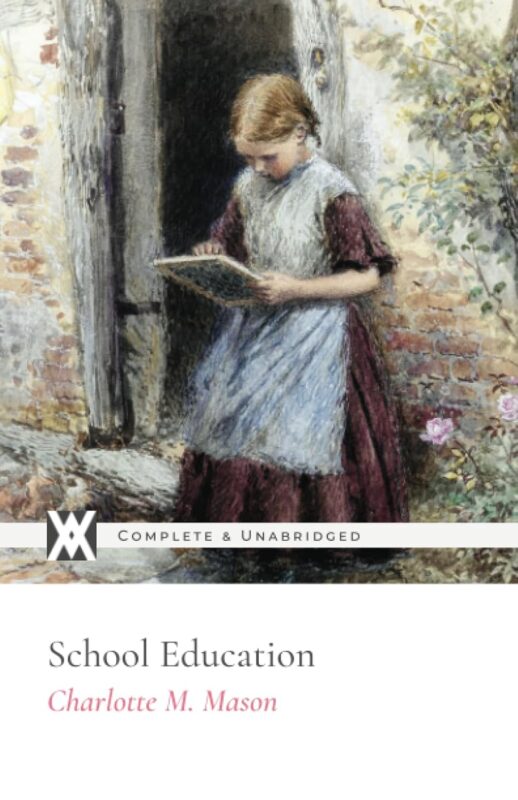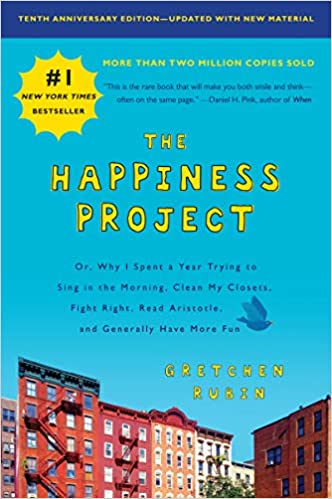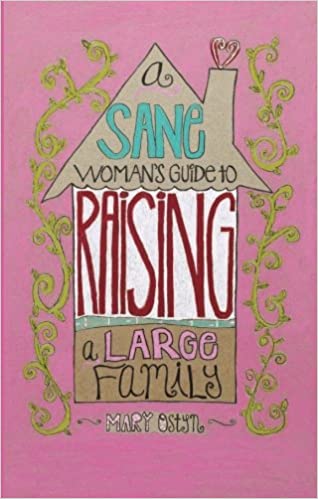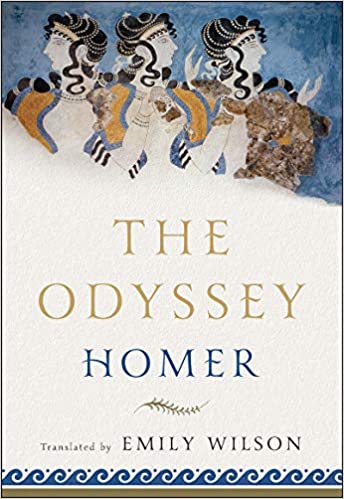The Rhetoric Companion: A Student’s Guide to Power in Persuasion
For the Christian student of rhetoric, manipulative sophistry is clearly out of bounds. But putting careful thought into what constitutes eloquent speech and persuasive argument is not. What many people dismiss as a bunch of rhetoric is simply poor rhetoric. There is a Christian approach to the craft of memorable and effective expression, and it is the task of this book to lay out that approach.
More info →The Lonesome Gods: An Epic Novel of the California Desert
“I am Johannes Verne, and I am not afraid.”
This was the boy’s mantra as he plodded through the desert alone, left to die by his vengeful grandfather. Johannes Verne was soon to be rescued by outlaws, but no one could save him from the lasting memory of his grandfather’s eyes, full of impenetrable hatred. Raised in part by Indians, then befriended by a mysterious woman, Johannes grew up to become a rugged adventurer and an educated man. But even now, strengthened by the love of a golden-haired girl and well on his way to making a fortune in bustling early-day Los Angeles, the past may rise up to threaten his future once more. And this time only the ancient gods of the desert can save him.
God in the Dock: Essays on Theology and Ethics
God in the Dock contains forty-eight essays and twelve letters written by Lewis between 1940 and 1963. Ranging from popular newspaper articles to learned defenses of the faith, these pieces cover topics as varied as the logic of theism, good and evil, miracles, the role of women in the church, and ethics and politics. Many represent Lewis's first ventures into themes he would later treat in full-length books.
More info →Hotel on the Corner of Bitter and Sweet
Set during one of the most conflicted and volatile times in American history, Hotel on the Corner of Bitter and Sweet is an extraordinary story of commitment and enduring hope. In Henry and Keiko, Jamie Ford has created an unforgettable duo whose story teaches us of the power of forgiveness and the human heart.
More info →The Island of the World
Island of the World is the story of a child born in 1933 into the turbulent world of the Balkans and tracing his life into the third millennium. The central character is Josip Lasta, the son of an impoverished school teacher in a remote village high in the mountains of the Bosnian interior. As the novel begins, World War II is underway and the entire region of Yugoslavia is torn by conflicting factions: German and Italian occupying armies, and the rebel forces that resist them?the fascist Ustashe, Serb nationalist Chetniks, and Communist Partisans. As events gather momentum, hell breaks loose, and the young and the innocent are caught in the path of great evils. Their only remaining strength is their religious faith and their families.
More info →The Great Tradition: Classic Readings on What It Means to Be an Educated Human Being
Frustrated with the continuing educational crisis of our time, concerned parents, teachers, and students sense that true reform requires more than innovative classroom technology, standardized tests, or skills training. An older tradition—the Great Tradition—of education in the West is waiting to be heard. Since antiquity, the Great Tradition has defined education first and foremost as the hard work of rightly ordering the human soul, helping it to love what it ought to love, and helping it to know itself and its maker. In the classical and Christian tradition, the formation of the soul in wisdom, virtue, and eloquence took precedence over all else, including instrumental training aimed at the inculcation of "useful" knowledge.
Edited by historian Richard Gamble, this anthology reconstructs a centuries-long conversation about the goals, conditions, and ultimate value of true education. Spanning more than two millennia, from the ancient Greeks to contemporary writers, it includes substantial excerpts from more than sixty seminal writings on education. Represented here are the wisdom and insight of such figures as Xenophon, Plato, Aristotle, Seneca, Cicero, Basil, Augustine, Hugh of St. Victor, Bonaventure, Thomas Aquinas, Martin Luther, John Calvin, Erasmus, Edmund Burke, John Henry Newman, Thomas Arnold, Albert Jay Nock, Dorothy Sayers, C. S. Lewis, and Eric Voegelin.
More info →Rediscover Jesus: An Invitation
At a time when so many people are spiritually disillusioned and searching for ways to live, love, work, and play that nurture the soul rather than destroy it, Matthew Kelly once again delivers a powerful book that encourages us in our weariness, challenges us in our comfort, and invites us to rediscover the beautiful possibilities God places before us daily.
More info →Charlotte Mason’s School Education (Book 3 of the Home Education Series)
After teaching about educating young children (up to the age of nine) in Home Education, Charlotte Mason turns her attention to 9-12 year-olds in School Education. Along with examples of books and exams she instructs us on:– The rights of children– The value of holistic education– How to help your child learn for themselves– How to develop the whole person– The importance of living books in education– How grades and rewards kill curiosity
More info →Orthodoxy
Orthodoxy (1908) is a book by G. K. Chesterton that has become a classic of Christian apologetics. Chesterton considered this book a companion to his other work, Heretics.
In the book's preface Chesterton states the purpose is to "attempt an explanation, not of whether the Christian faith can be believed, but of how he personally has come to believe it." In it, Chesterton presents an original view of Christian religion. He sees it as the answer to natural human needs, the "answer to a riddle" in his own words, and not simply as an arbitrary truth received from somewhere outside the boundaries of human experience.
More info →The Happiness Project: Or, Why I Spent a Year Trying to Sing in the Morning, Clean My Closets, Fight Right, Read Aristotle, and Generally Have More Fun
Gretchen Rubin had an epiphany one rainy afternoon in the unlikeliest of places: a city bus. “The days are long, but the years are short,” she realized. “Time is passing, and I’m not focusing enough on the things that really matter.” In that moment, she decided to dedicate a year to her happiness project.
In this lively and compelling account—now updated with new material by the author—Rubin chronicles her adventures during the twelve months she spent test-driving the wisdom of the ages, current scientific research, and lessons from popular culture about how to be happier. Among other things, she found that novelty and challenge are powerful sources of happiness; that money can help buy happiness, when spent wisely; that outer order contributes to inner calm; and that the very smallest of changes can make the biggest difference.
More info →A Sane Woman’s Guide To Raising A Family
A SANE WOMAN'S GUIDE TO RAISING A LARGE FAMILY is written from the practical, experienced perspective of a mother of ten and has thoughtful, helpful answers to important questions, such as: Can a mother meet the needs of multiple children without drowning in sheer neediness? How can a moderate income stretch to include more children? How can you make space in your home work for you? What are some ideas for handling mountains of laundry? How can you preserve time for yourself and your marriage? How can you manage multiple children and their activities?
More info →The Odyssey, translated by Emily Wilson
Composed at the rosy-fingered dawn of world literature almost three millennia ago, The Odyssey is a poem about violence and the aftermath of war; about wealth, poverty and power; about marriage and family; about travelers, hospitality, and the yearning for home.
More info →

